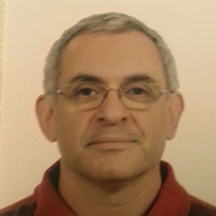Reframing sustainable finance: lessons from Lebanon
Capital investment is needed to fund the green transition. This means that the finance sector must be involved in combating the climate crisis in countries around the world, including Lebanon. This column argues that to ensure that these funding needs are met, policy-makers should work in harmony with other stakeholders to ensure that businesses are incentivized to de-carbonise their operations. Only by easing the process of the green transition through sustainable financing can countries like Lebanon meet their environmental pledges. Policy action to support such funding is needed urgently.


